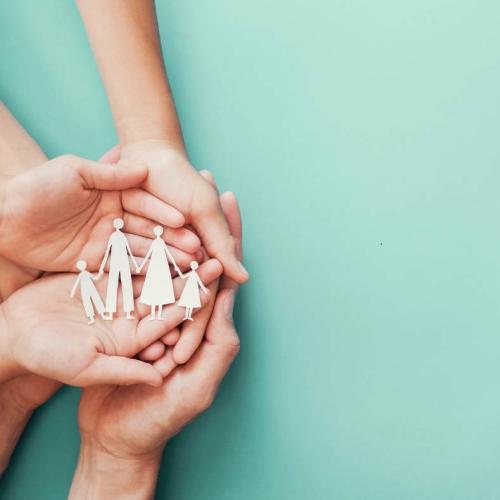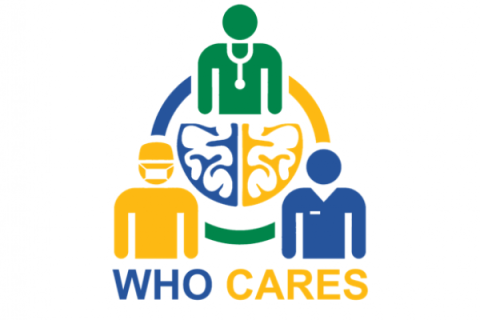

As part of the WHO CARES project, we collected a series of first-hand accounts from helpers, volunteers, and mental health professionals working in conflict-affected settings, including Ukraine, Georgia, and Armenia. These personal reflections offer invaluable insight into the daily challenges, emotional burdens, and profound human resilience found in the midst of crisis response.
The voices presented here form a collective testimony—an honest, grounded resource for understanding what it means to care for others in situations of extreme adversity. This collection has directly informed the WHO CARES project’s approach to training, capacity-building, and the design of psychosocial support tools.
“We usually could advise to go to the other locations (cities or Kyiv) to conduct necessary examination on equipment that is available only there. Even advice to go to the city was dangerous or not available, because of lack of petrol, lack of transport at all, mined roads, etc.”
“I will never forget the story when a woman came to the headquarters with a bullet-riddled car and children, whose parents died on the way.”
“People sometimes may perceive psychologists as superheroes, but in fact, we are all humans, we have our own emotions. If they notice a psychologist being emotional, or showing emotions, they might think that it’s a matter of low level of professionalism.”
“I could not sleep for weeks, I was hearing the sound of explosions in my ears all the time, and up until now, I see either a war in my dreams, or explosions.”
“As we grow as professionals, we also become more resilient, more tolerant, more flexible and this affects us personally, too.”
These field-based narratives are a reminder that helpers are not only providers of care but also individuals shaped by the crises they face. Amplifying these voices is essential to shaping trauma-informed and context-sensitive responses across humanitarian and civil protection efforts.
This story entry brings together selected voices from the full “Voices from the Field” collection remains available for reference via the WHO CARES Library.
Source(s)
About the author

Increasing Knowledge and Partnerships on Mental Health and Psychosocial Support for Helpers in Pandemics and Conflicts